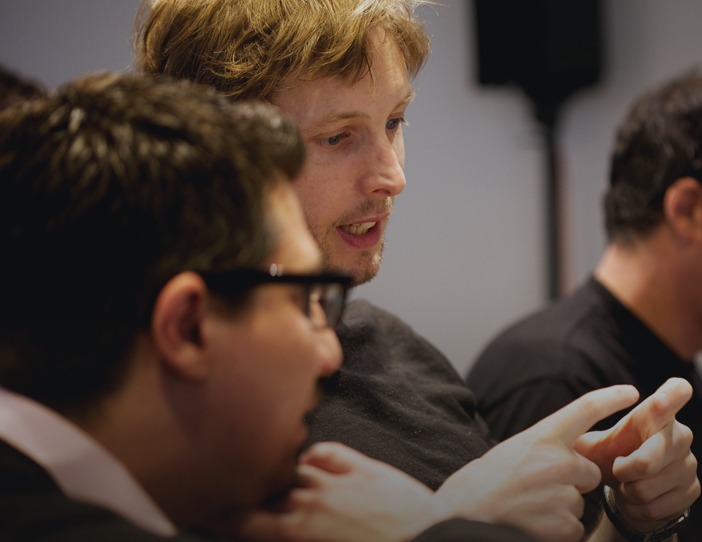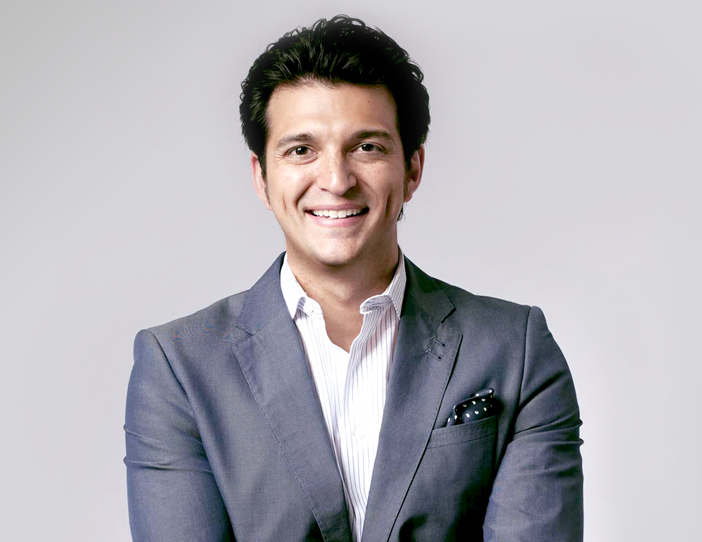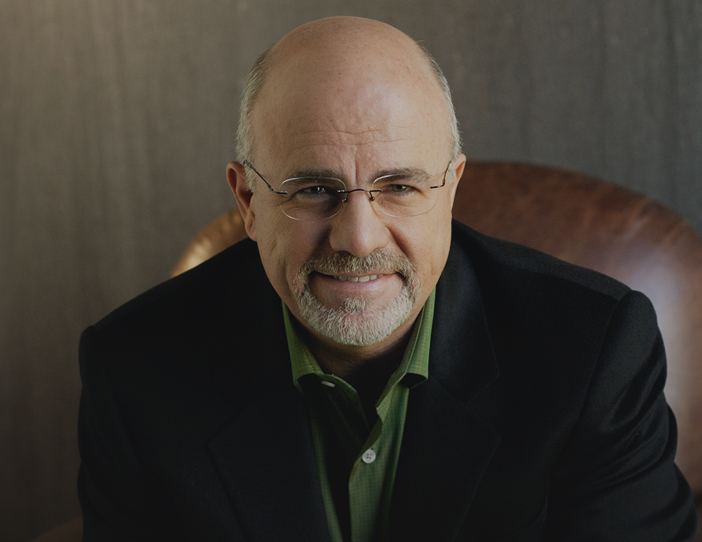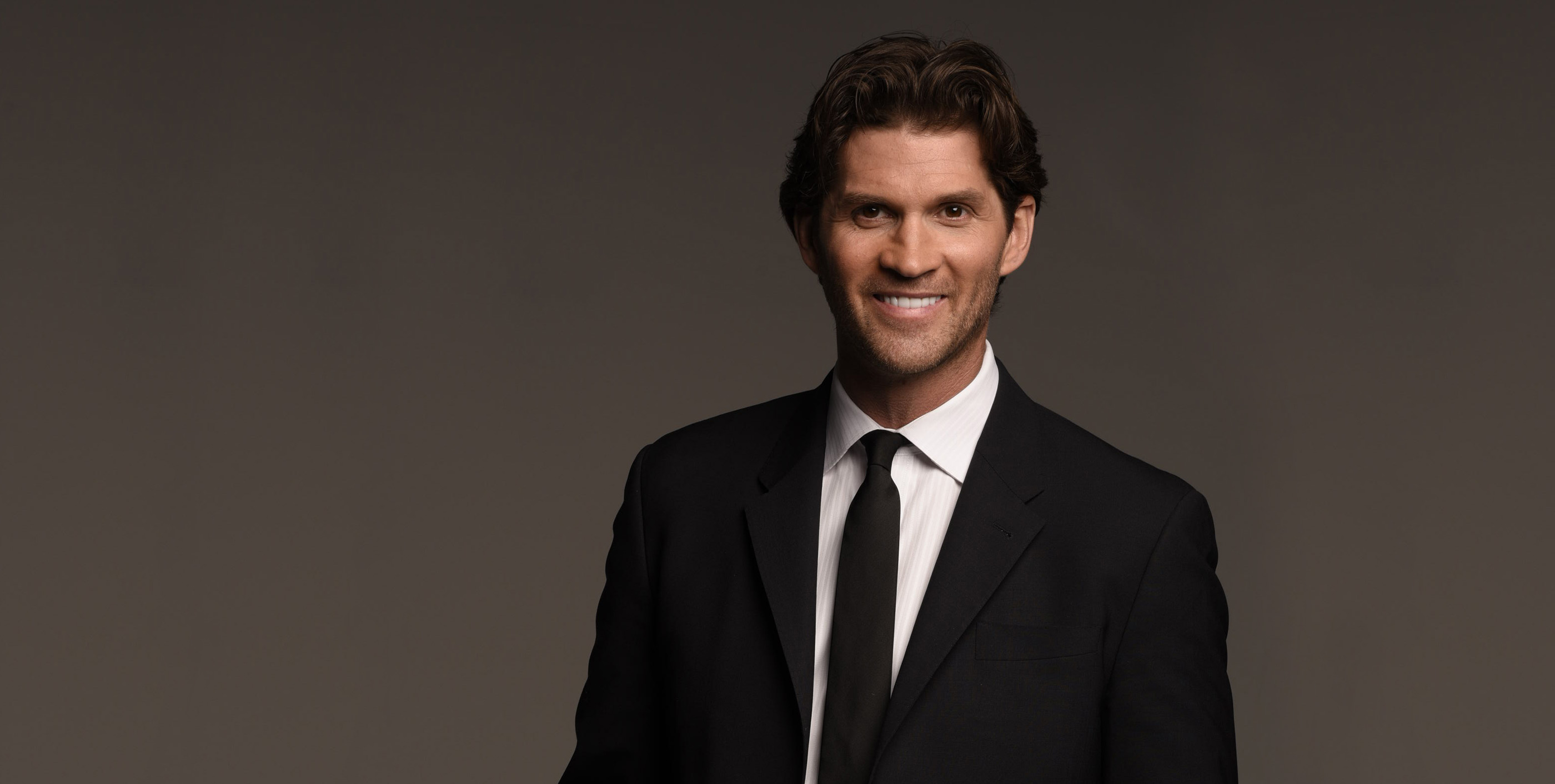
Episode Description
I bet you’ve done your fair share of leadership training, haven’t you?
You learned how to delegate. You bought that productivity book. You went to that negotiation seminar and took that management course. Good job!
But there’s one aspect of becoming a great leader that most of us never even think about, much less develop.
And that’s our emotional health.
We can barely bring ourselves to admit it for fear of appearing weak, but in our quiet moments we know that leading a company packs an emotional punch: the stress of the day-to-day, the pressure to succeed, the isolation at the top, and the strangeness of managing an image (just to name a few).
It’s a heavy burden to keep inside, and as a result, a lot of us have built thriving businesses while our inner lives crumble.
No wonder so many leaders end up with relationship and substance abuse problems.
Our emotional fitness as leaders has the power to forge great cultures, families, and communities — or utterly destroy them. That’s why I’m grateful to have Miles Adcox joining me for this week’s episode of the Building a Story Brand podcast. He’s the director of the therapeutic retreat center Onsite, and he’s been helping leaders with this unique burden for over a decade.
Miles has a six-part guiding framework that can help you create and sustain emotional fitness as a leader. It will change your company culture — but more importantly, it will change people’s lives, including your own. There’s gold in here from Miles — start listening now or keep reading this article.
Let’s dig into this framework.
I always thought the leader of a company was the guy steering the boat and charting the course. And there’s some truth to that. But I’ve discovered as my company grows that what we need more than any of that is an anchor. Something to keep that boat from floating off.
So with that in mind, here’s Miles’ ANCHOR method for developing emotional fitness.
ANCHOR: Authenticity
Being an emotionally fit leader starts with authenticity. In Miles’ estimation, speaking and acting in a truthful, transparent way is the only thing that builds long-term trust with your employees.
So how can we embrace it?
First, it means owning your mistakes. As leaders, we all want our employees to step up and own theirs. But we’re the ones who created the culture that doesn’t give them the permission to.
We’ve created a sword system, so everybody lives and dies by the sword. But if we start by acknowledging our own mistakes, we create an authentic system where people are more likely to talk about their flaws and faults and know they won’t be unfairly punished for them.
Second, know your blind spots. This is a tough one. I bet part of what got you to where you are today was ignoring your blind spots and just barrelling through them. We have a tendency to simply gloss over our weaknesses, and it’s a major liability for us as leaders.
As Miles says, “At some point it’s going to trip you up. You’re going to crash either personally or professionally. Your blind spots are going to come out whether you like it or not.”
After all, they’re only blind spots because YOU can’t see them. Everybody else probably can. Your team already knows your weaknesses. Just because you don’t acknowledge them doesn’t mean they’re not being recognized.
We hide our weaknesses, thinking they’ll destroy our authority. But show that you know what you don’t know — and that you’re willing to work on it. It’ll actually help you build more trust and authority with your staff in the long run.
ANCHOR: Nurturing
We don’t stop being people when we walk through the office door.
Our emotions, needs, and insecurities walk right through the door with us.
As leaders, a lot of us try to just stick to the KPIs and one-sheeters and pretend this isn’t true.
But Miles tells us that self-worth and self-esteem are the two main needs people struggle with in the workplace. So embrace it by nurturing your team.
For example, if somebody’s having a bad day, give them the permission to show that emotion. Don’t see tears and think, “whoa, that doesn’t belong in the workplace.” If your people belong in the workplace, then their emotions belong there, too.
Here’s another example from my world at StoryBrand. Our COO Tim reminds me when somebody’s work anniversary is approaching. I’ll sit down and write a little card for that person. The first time I did it I thought, Welp, this is going straight to the trash! and dashed off a few lines of thanks. But I noticed later that the guy I sent it to kept it by his desk for months. I saw what those words meant to him. The next time I wrote a work anniversary card, I dug in. I described my employee’s qualities and why we would not be this company without her.
It’s taught me a lot. Sometimes we don’t realize how much of a maternal or paternal role we’re playing in our employees’ lives. Don’t be afraid to step into this nurturing role — it may surprise you how much it means to your staff.
ANCHOR: Courageous
If you’re a leader of any kind — especially an entrepreneur — you’re no stranger to risk.
It’s taken a lot of courage to get to where you are.
But when we’re talking about our emotional fitness, courage may not come as naturally.
We also need courage for tough, honest conversations with our staff.
Yes, about performance. In fact, we’ve talked about how to have those kinds of management conversations before on the blog.
But this is when you’ve got staff or interpersonal tension. It doesn’t always involve work performance, but it affects it.
As Miles says: “If something is going around with an individual or a group that is not being talked about, courage means not waiting to deal with it.”
Ouch! I bet 99% of us had a specific person or situation instantly jump into our heads when we read that. And if you haven’t dealt with it yet, it’s time to take action before it gets worse (and it will get worse).
ANCHOR: Humility
This one is tricky because, as Miles points out, ego and confidence in leadership is a good thing.
It helps us be decisive, follow through on our plans, and pursue audacious dreams.
But humility is critical to your success as a leader, as well.
Miles tells us why:
“Humility is seeing the human-ness in the people around us, seeing people for more than their talent that they bring professionally.”
And like all human beings, they’re going to struggle every once in awhile. Without humility, you won’t be able to empathize with your staff and lead them well through their struggles.
For me, a big part of humility is realizing that we, as the leader, are part of the problem and part of the solution — just like everybody else. Humility goes into the room and says, “Hey, I’m not perfect here, but we have got to keep moving forward on this culture we’re building.”
ANCHOR: Open
Are you a leader that knows how to listen?
That’s how you build openness.
As a leader, you’re very comfortable with the other side of communication. You know how to talk and fill a room.
But we forget to listen and to create opportunities for our staff to talk back to us.
Miles suggests closing your next staff meeting by saying, “Okay, I’m open for feedback.”
You might feel like a clay pigeon at a shooting range.
But it’s how you stay open to your staff — open to outside input, to shifting and changing yourself, to suggestions on where your company needs to go.
ANCHOR: Resilient
The final piece of our emotional fitness as leaders is resilience.
As Miles says:
“Critique hits one big button in every human being and that’s shame. We don’t talk about shame in the workplace because we don’t think we’re supposed to. But it lives, eats, and breathes in every single human being on the planet, and you better believe it shows up in the workplace.”
So if shame is a real force to be reckoned with professionally, what can we do about it? And how does resilience help?
We tend to wrap up our personal worth in our professions. And the more successful we become, the more pronounced it gets.
Separate who you are from your work. In other words, you made a bad decision. But that’s where it stops. It doesn’t mean you’re a bad person.
So easy to say, right? But developing that resilience to criticism (and the shame that can follow) is one of the hardest things we do as leaders.
Here’s what’s helped me. I recently got some less-than-stellar feedback about one aspect of our otherwise strong company culture. And I realized it had everything to do with my choices. It hurt for a minute. But then I told myself, “Look, if you are going to build an organization, what you just discovered is the next thing that God needs you to learn in order to do it.”
When I viewed it that way, it became less painful. It wasn’t my deficiency anymore. It was the next thing I needed to learn in order to be better.
—
So to recap: If you want to be emotionally fit as a leader — and create a healthy culture — then we as the leader have to be an ANCHOR: Authentic, Nurturing, Courageous, Humble, Open, and Resilient.
And as powerful and memorable as the acronym is, it’s worthless without one critical ingredient.
And that’s simply your intent.
In Miles’ words:
“If your intent is not seen, felt, and heard throughout the organization, then it won’t work. You don’t build culture unless culture’s important to you. You don’t build community unless community’s important to you. You don’t become an authentic, connected, humble leader unless those values are important and you’re living them.”
We can build great businesses while becoming great people with strong families and healthy habits — and your emotional fitness is a critical piece of your success. I hope Miles’ wisdom here can give you some guidance toward a healthier approach to your inner life.
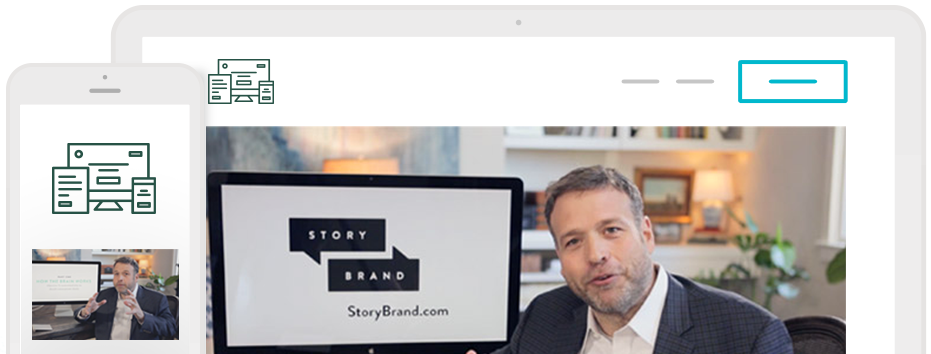
Customers Aren’t Buying? Here’s Why:
Sign up for my free video series, 5 Minute Marketing Makeover, and I’ll show you how to clarify your message, stop the pain of slow sales, and grow your business.
Podcast produced by: Tim Schurrer
Additional editing by: Nick Jaworski



